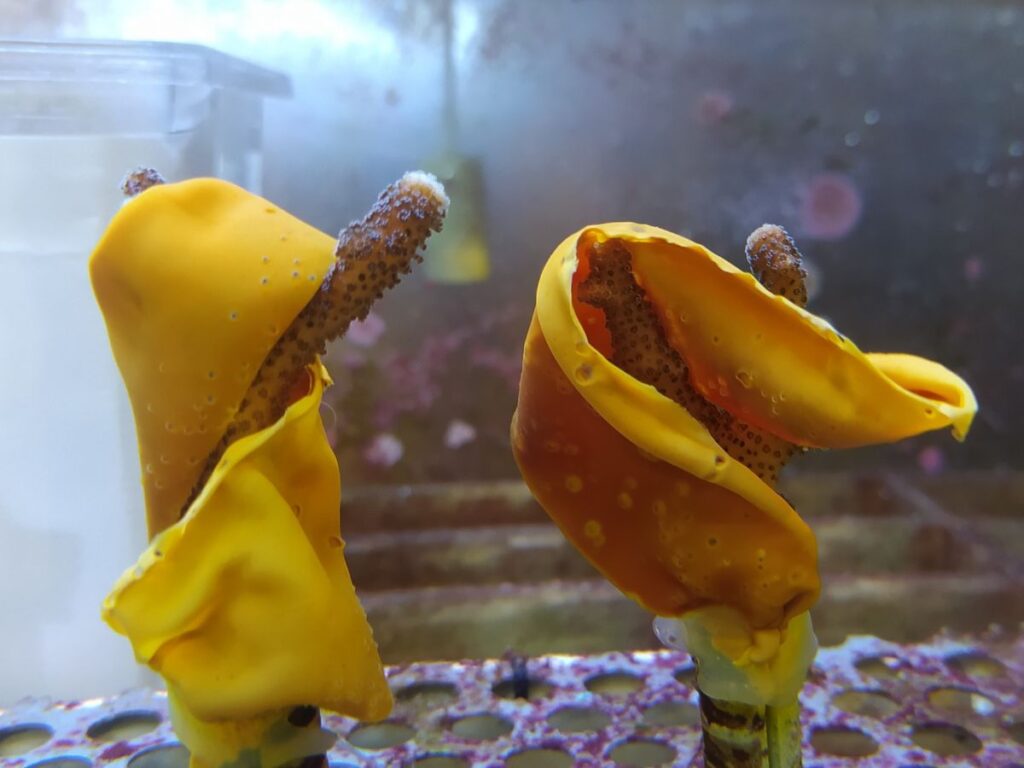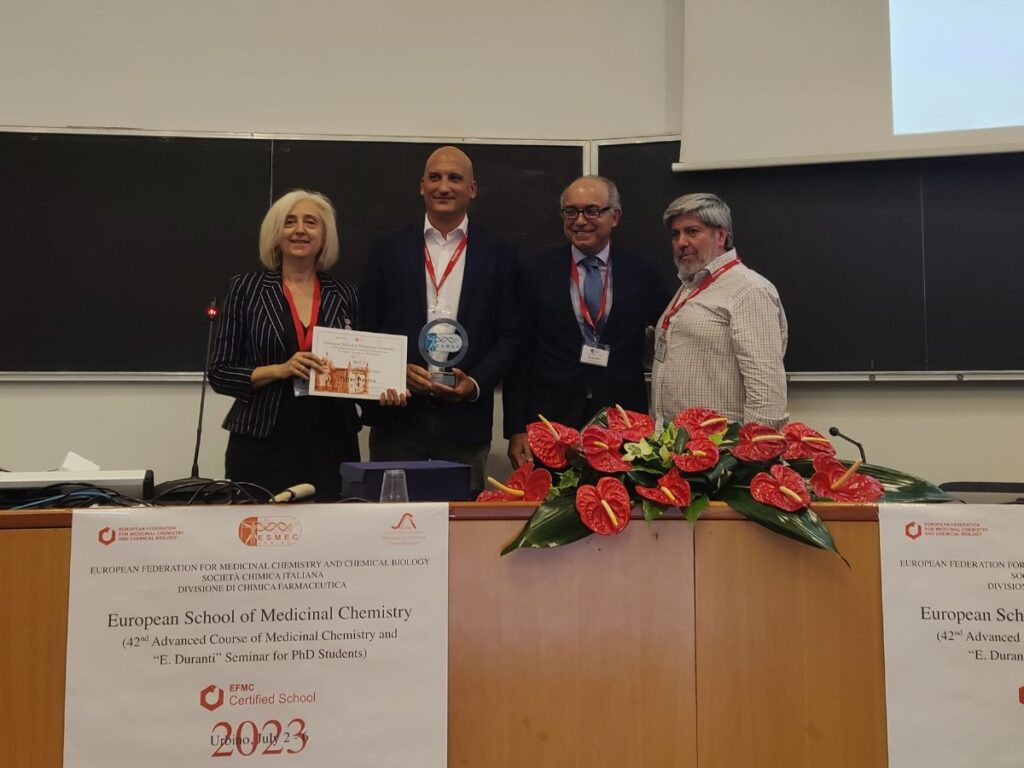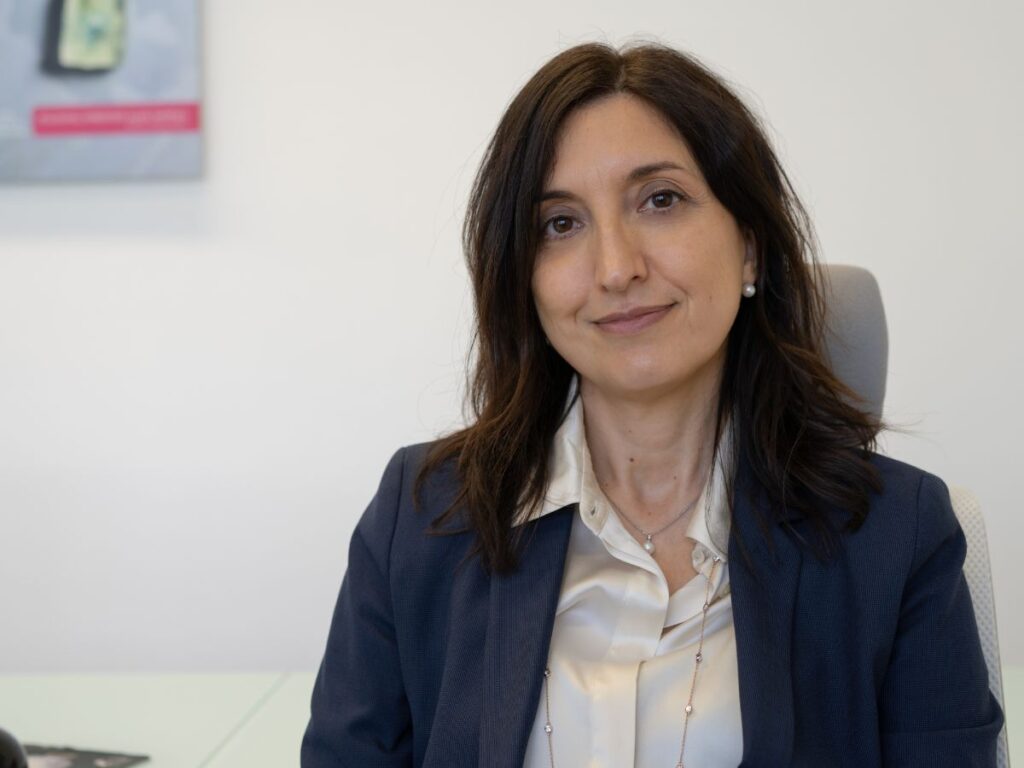Virginia Brancato in Milan will study the genetic causes of breast cancer; Simona Francia in Genoa will focus on the development of liquid artificial retina
Among the 8 winners of the sixth edition of the “Roche Foundation for Independent Research” grant, there are also 2 researchers from IIT, Simona Francia and Virginia Brancato, who will each receive 50 thousand euros to conduct their research in the field of ophthalmology and personalized medicine. The announcement was made yesterday, July 13th, by the Roche Foundation during an award ceremony in Milan, at the MIND (Milano Innovation District) venue.
“It’s important to invest in young researchers to nurture talent in our country and contribute to the economic development of Italy’s system,” emphasized Mariapia Garavaglia, President of the Roche Foundation. The grant was aimed at young researchers under 40, whose studies aim to improve the health and well-being of patients in high-need areas: oncology, oncological hematology, ophthalmology, neuroscience, hereditary coagulation disorders, Covid, digital health, and personalized medicine (PHC).
Virginia Brancato is a researcher at the Center for Genomic Science at IIT in Milan, where she works in Francesco Nicassio’s group, the center’s coordinator. With training and work experience spanning Naples, London, and Braga in Portugal, in 2021 Brancato won a Marie Curie Fellowship that allowed her to return to Italy at IIT. Thanks to the funding from the Roche Foundation, the researcher will be able to dedicate herself to the study of genes involved in breast cancer, looking at the diversity in how the tumor presents itself among patients. The research project, called “Mimetic,” will be made possible through the application of advanced genomics/epigenomics techniques and the use of organoid models. Understanding tumor heterogeneity will help comprehend the causes of resistance to anti-tumor treatments and develop more personalized therapies.
“The techniques we will use to closely examine breast cancer and uncover its weaknesses that could improve the therapy for many patients are cutting-edge but also very costly. For this reason, I thank the Foundation for this opportunity,” comments Brancato, who also emphasizes the support received from family and friends “who continue to cheer for me,” and from IIT, especially Nicassio “because he immediately supported my proposal to participate in the grant, not only to boost my research career but above all, because he believed that the project idea was solid but needed funding to be carried forward.” “I can only be proud to have supported her application, giving my support to conduct her research here, supporting her work as a researcher who decided to return to her own country to continue her scientific path,” adds Francesco Nicassio.
The same satisfaction and pride can be felt in the laboratories of the Center for Synaptic Neuroscience and Technology at IIT, located at the IRCCS Ospedale Policlinico San Martino in Genoa. The Center’s Coordinator, Fabio Benfenati, has been engaged in the development of artificial retinal prosthetics through cutting-edge solutions for many years. “I’m thrilled that the liquid artificial retina technology has been awarded with the ReVISION project,” he declared. “The innovative idea of this project is to inject organic photovoltaic nanoparticles into the subretinal space through a minimally invasive procedure to replace degenerated photoreceptors, allowing activation of retinal neurons to ensure high-resolution vision.”
Leading the project will be Simona Francia, a Post-Doc researcher in Benfenati’s group for three years, where she’s been working on the development of the new technology of injectable liquid artificial retina in animal models of Retinitis Pigmentosa. The ReVISiON project will be a further step towards a more effective and usable prosthesis in situations where the retina is severely damaged. With a degree in Molecular and Industrial Biotechnology from the University of Bologna, Francia has trained in Parma, Zurich, and Padua. “The development of this research represents a unique and essential opportunity for both my professional and scientific growth. ReVISION is an innovative and translational project, the scientific results of which could serve as the basis for future clinical studies on patients with retinal degeneration.”






